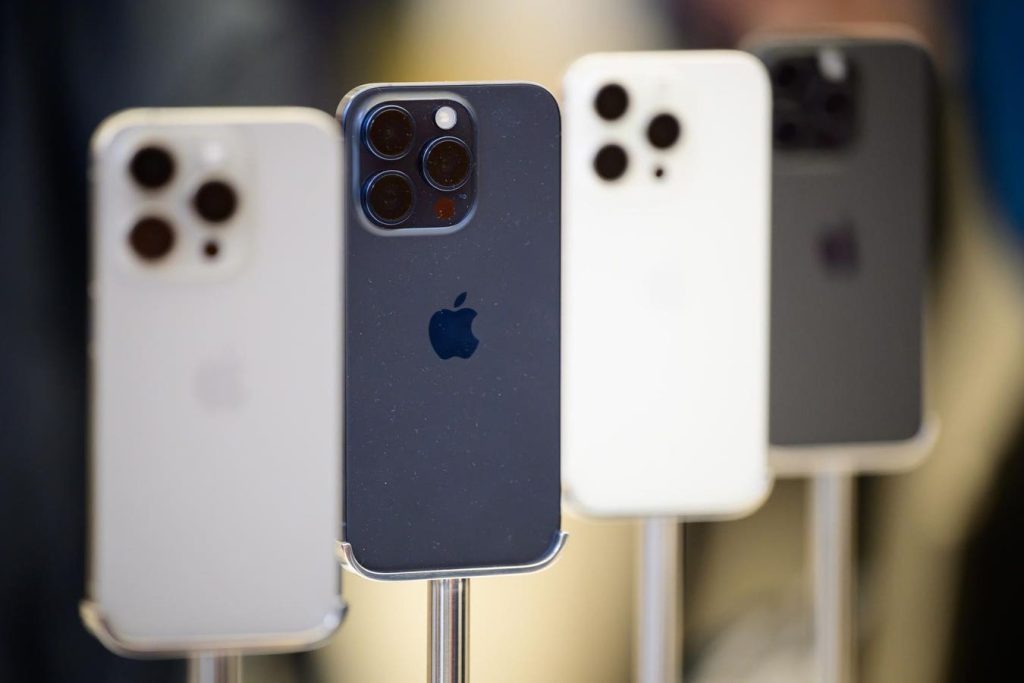The upcoming iPhone 16 Pro and iPhone 16 Pro Max are expected to feature Sony’s latest camera sensor technology, which allows for the capture of more light per pixel. This new sensor technology involves splitting the photo diodes and pixel transistors into two distinct layers, resulting in up to twice the amount of light captured compared to previous sensors. This upgrade may be exclusive to the larger iPhone 16 Pro Max model, providing increased low-light capabilities.
In addition to the advanced sensor technology, Apple is set to increase the optical zoom available on the higher-tier iPhone 16 Pro and iPhone 16 Pro Max models. This will be made possible by incorporating a tetraprism lens, which uses prisms to fold the path of light and create a longer lens than what is typically found in smartphones. The new models will offer x5 optical zoom and an expected x25 digital zoom option for taking photos, an improvement over the x3 optical zoom in the previous iPhone 15 Pro.
With the upcoming release of the iPhone 17, Apple is reportedly planning to introduce a 144-megapixel camera system consisting of three lenses, each equipped with 48-megapixel sensors. The iPhone 16 family will see an upgrade to 48-megapixel main cameras, with the iPhone 17 Pro expanding on this technology by integrating 48-megapixel sensors into the telephoto and ultrawide cameras. The utilization of higher resolution sensors will enable advanced techniques like pixel binning and AI-based image processing, enhancing the quality of photos captured on the iPhone.
While Apple has lagged behind Android competitors in terms of AI-powered camera features, the iPhone 16 family is expected to introduce a range of AI-infused capabilities for image capture, processing, and editing. With a focus on leveraging AI technology, Apple aims to deliver an improved user experience and showcase the visual enhancements that AI can bring to smartphone photography. This shift towards AI-driven camera features aligns with the current trend in the smartphone industry and positions Apple to compete more effectively with other manufacturers.
The integration of AI technology into the iPhone 16 family signals Apple’s commitment to enhancing the camera capabilities of its devices and providing users with cutting-edge imaging features. By leveraging AI for tasks such as image processing and editing, Apple aims to differentiate its smartphones in a competitive market and deliver a superior photography experience to consumers. The upcoming Worldwide Developer Conference in June is expected to preview Apple’s AI efforts and offer insights into the future direction of the iPhone’s camera technology.
As Apple continues to innovate in the smartphone camera space, the use of advanced sensor technology and AI-driven features in the iPhone 16 and future models highlights the company’s dedication to pushing the boundaries of mobile photography. With a focus on enhancing image quality, zoom capabilities, and AI-powered functionalities, Apple is poised to deliver a compelling camera experience to users and maintain its position as a leader in the smartphone market. The upcoming iPhone releases promise exciting advancements in camera technology that will benefit photography enthusiasts and casual users alike.


